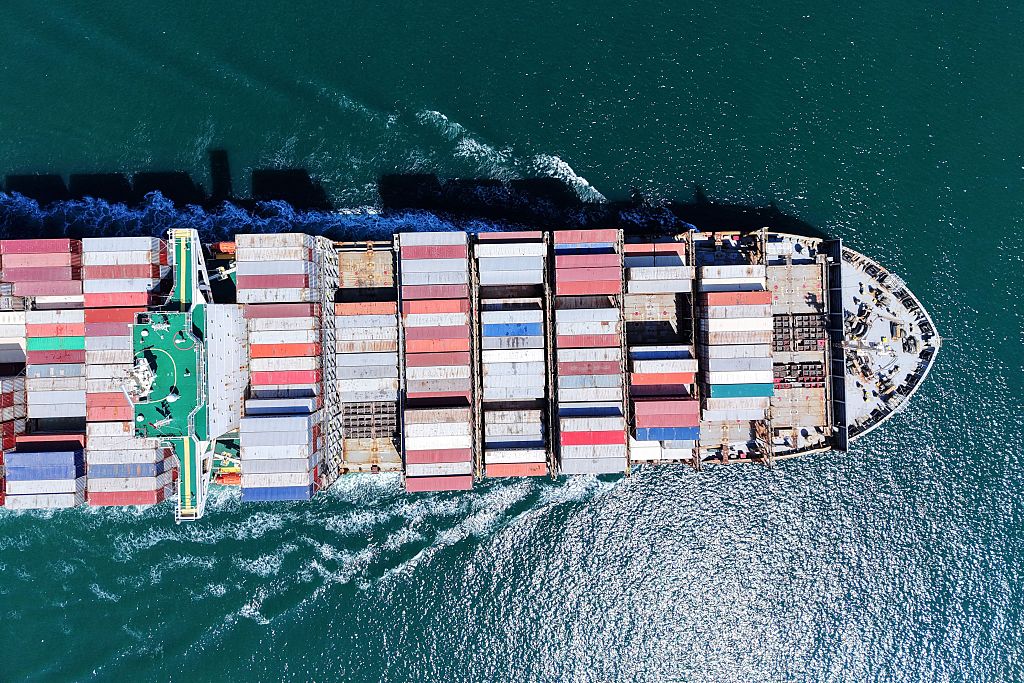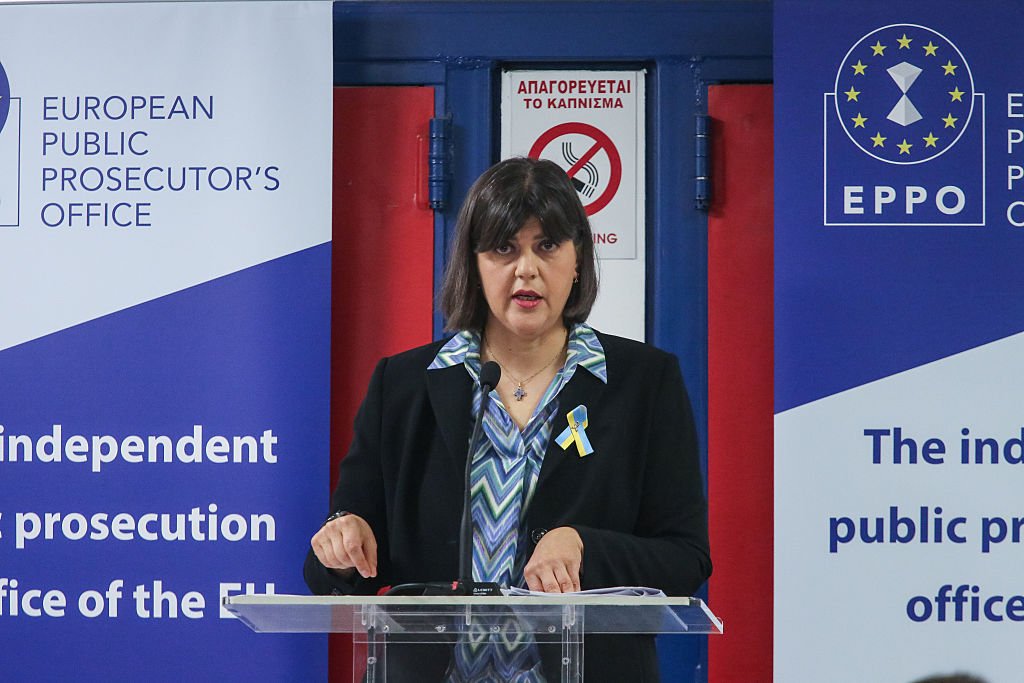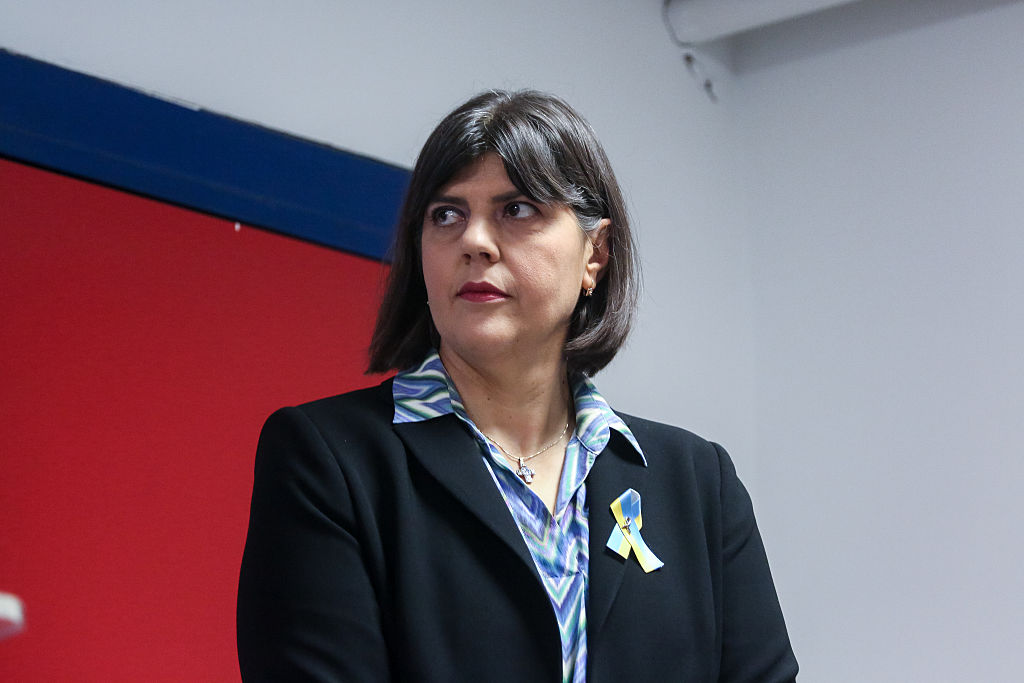EXPLAINER: Fractious net-zero shipping talks kick off in London
Source: Euractiv
Global cargo shipping accounts for some 3% of global greenhouse gas emissions. An April “Net-Zero Framework” (NZF) deal should make them pay for using dirty fuels from 2028 – but only once it is confirmed by members of the London-based International Maritime Organisation (IMO).
By 2035, the least climate friendly 30% of ships would be charged $380 for every tonne of CO2 they pump out in excess of what they would have emitted using clean fuels.
The goal: get global shipping to net zero in 2050.
On Tuesday, national delegations begin meeting behind closed doors. On Thursday, a vote will likely be called to see whether there is a two-thirds majority in support of the deal – a rare arrangement at the usually consensus-based IMO.
Washington has called the deal a “European-led neocolonial export of global climate regulations”, and is backed by Saudi Arabia.
The Trump administration has warned ships could be barred from US ports, extra fees charged – and even sanctions placed on officials who support the deal.
Brussels holds the line
Both the US and its ally in the Gulf had previously urged the EU to temporarily freeze the deal, Euractiv was informed. “The EU views the NZF as a significant milestone and calls for its adoption at IMO next week,” Brussels shot back last week.
The battle lines are roughly drawn between petro-states like the US and Saudi Arabia, whose fuel exports would be penalised from the early 2030s, on one side. On the other, the EU is allied with China and backed by much of South East Asia and Latin America – an alliance underpinned by the deal favouring crop-based and other first-generation biofuels, whose climate credentials have been increasingly called into question.
The public Washington-Brussels stan-off is accompanied by the sounds of shipowners clashing in the background – a dispute that is also splitting the EU down the middle.
On one side are Greek shipowners, who have called the deal “not fit-for-purpose, not practical and probably not implementable” in an interview with trade publication Lloyd’s List.
An industry coalition has also voiced “grave concerns” over the net-zero plan. Both groups argue the penalties would be too steep, with green fuel alternatives not yet available at scale.
Broad support
“Only global rules will decarbonise a global industry,” shot back a broad industry coalition consisting of Asian shipowners, European shipowners, ports, and lobby group the World Shipping Council (WSC).
“Without the Framework, shipping would risk a growing patchwork of unilateral regulations,” they said. Producers of e-fuels – synthetic hydrocarbons made using green electricity – have also come out to support the IMO deal.
Such internal EU divisions, spurred by the powerful Greek shipping industry, are unlikely to come into play. The bloc’s delegations sometimes sound different but “never deviate from their common position,” as one source sitting in the room this week put it.
“We have our team in place, and we have our established EU position … to support the Net-Zero Framework,” said a European Commission spokesperson on Monday.
Civil society observers are also optimistic the deal will pass. “The shipowners and countries opposing the deal are a vocal minority, “said Felix Klann of NGO Transport & Environment. “We see a clear majority in favour of the net-zero shipping deal.”
(rh, aw)
The original article: belongs to Euractiv .



